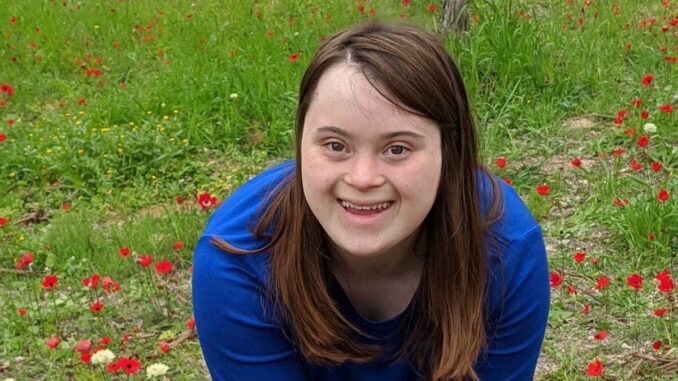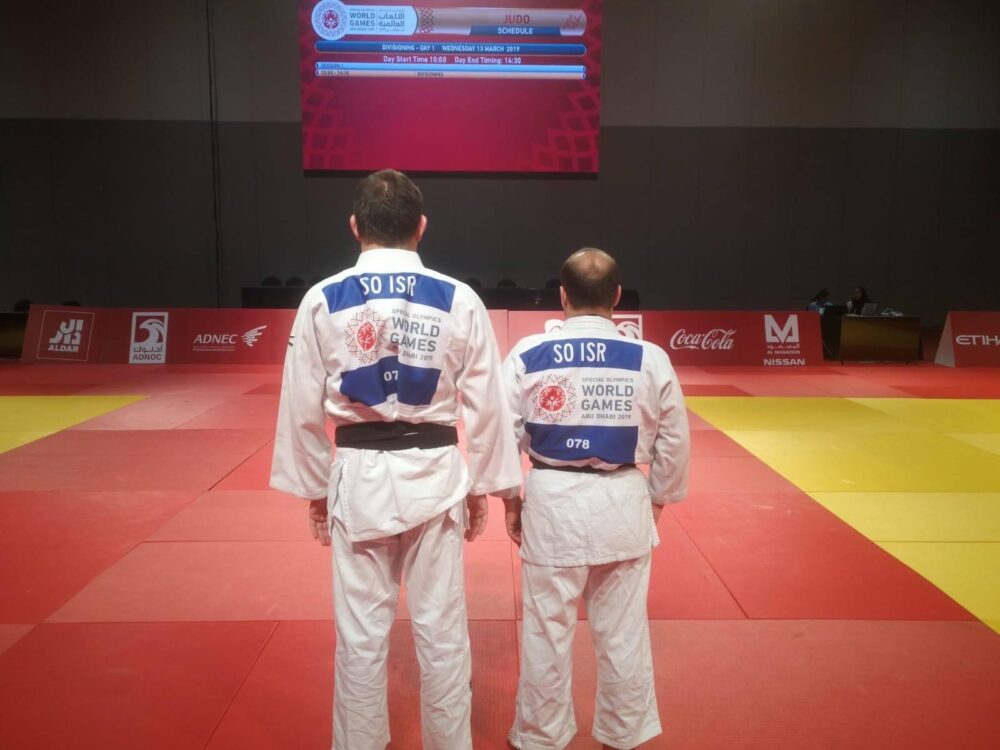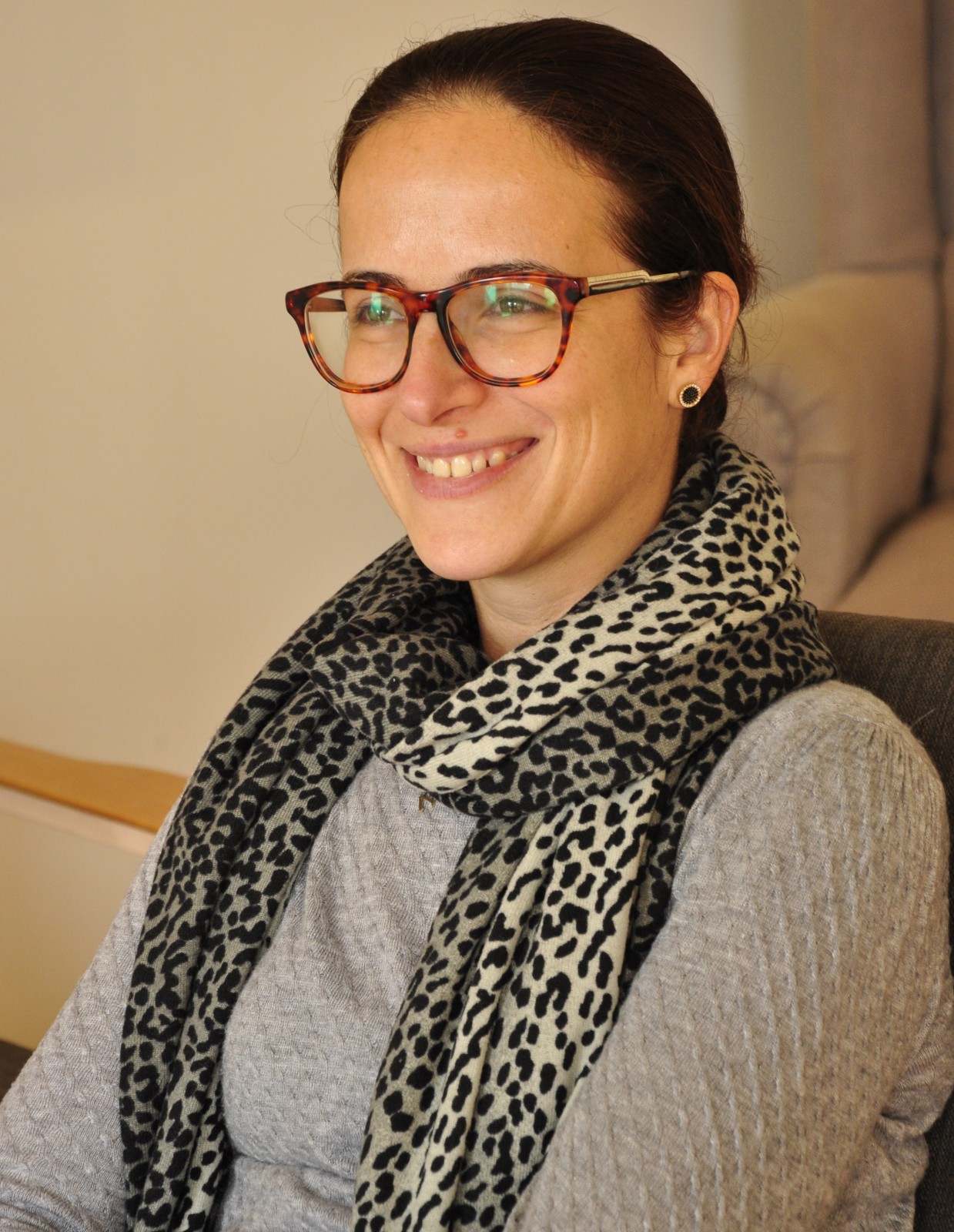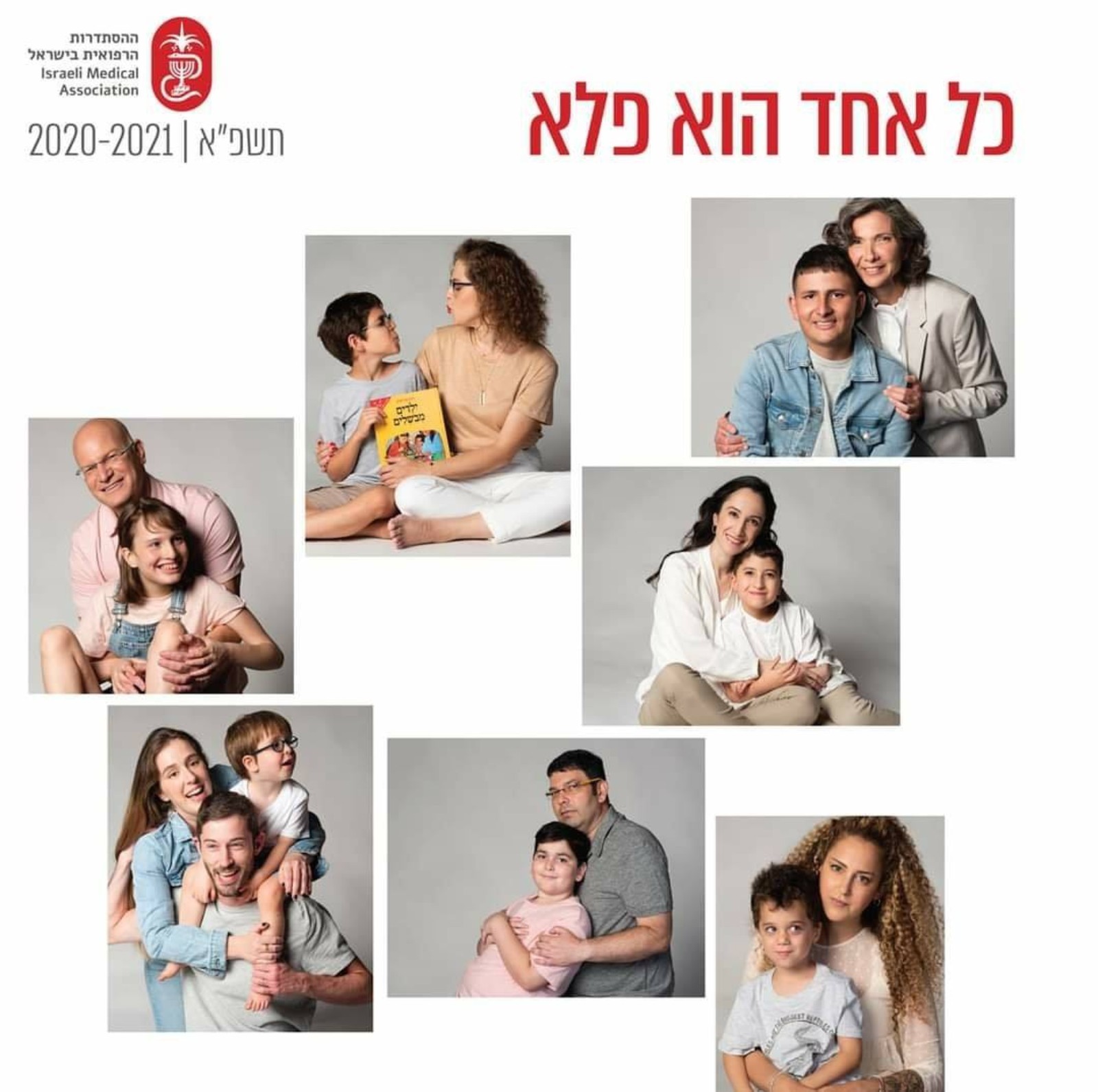
Yona Rabinowitz, 20, has won medals in Israeli Special Olympics swimming competitions since she was 7.
Like any athlete, her physical condition is paramount. But people with intellectual disabilities often feel stressed and frustrated by doctor visits — even routine exams like vision tests — when medical providers don’t have the time or ability to communicate with them patiently and productively.
This problem can seriously impact the quality of healthcare for athletes like Rabinowitz, who has Down syndrome.
In fact, Special Olympics Europe Eurasia President and Managing Director David Evangelista cites U.N. data showing that people with intellectual disabilities have one of the lowest health access rates, and health outcomes, of any disability subset worldwide.
“Simply put, they have the most difficult time staying healthy for reasons beyond their own individual health status,” he says.
Rabinowitz’s mother, Adina, relates that whenever her daughter goes to an unfamiliar doctor, she gets overwhelmed and can’t express herself well.

“Usually they ask me to speak for her as soon as they meet us. She should have a chance to explain for herself first,” says Rabinowitz.
“I understand that doctors run on a short time schedule, but people with special needs may need more time to process information or formulate the questions they want to ask. Sometimes it’s just a matter of rephrasing a question.”
A unique solution
A two-pronged solution to this problem is on its way from Special Olympics Israel, which encompasses about 1,300 Israelis aged 6 to 45.
One aspect is mandatory physician training on how to relate to special-needs patients. The other is an easy-to-use digital “passport” to facilitate the exchange of vital information between such athletes and their healthcare providers.
“Special Olympics Israel has received seed funding for three years from Special Olympics International and the Golisano Foundation to begin building a model of inclusive health and communities,” SOI CEO Sharon Levy-Balanga said.

“In partnership with the Israeli Medical Association, we have created an online course about how to treat patients with intellectual disabilities, how to create an inclusive clinic and how to change attitudes and practices to be inclusive.”
The medical passport, now in final development, is the first resource of an inclusive online health initiative planned by Levy-Balanga.
“We are using Israeli technology and innovation to create a platform where the patient can fill in the form independently and it gets sent straight to their doctor,” she says.
Digital medical passport
The medical passport is being designed by the Israel Institute for Cognitive Accessibility and MAX, an Israeli program where gifted high school students develop social technology projects.“Our institute specializes in making information accessible to people with cognitive disabilities,” says Ornit Avidan-Ziv, the organization’s head.
“This is accessibility in five dimensions: environment, information, communication, process and technology. The medical information accessibility project is actually about combining all of these components to improve communication between the two parties, bring about more tailored and precise treatment, and reduce the sense of helplessness on both sides.”
The institute’s linguists, graphic artists and accessibility professionals are creating a questionnaire using simple language and visual symbols.
Before going to the doctor, the athlete will type or speak answers to carefully structured questions. They can explain the reason for the visit and can add specific preferences, fears, and tips such as “I process information slowly; please give me a little more time.”
The doctor would use the platform’s bank of animations to show what will happen at the checkup and to reinforce understanding of recommendations or treatments afterward.
“If a doctor says, ‘Make sure you eat correctly to lower blood pressure,’ the animation explains blood pressure and how to eat to reduce high blood pressure,” said Levy-Balanga.
The document could be printed and displayed at the bedside of a hospitalized athlete “so that doctors doing rounds can understand this is someone who won’t get better without the right communication,” says Levy-Balanga.
In about two months, the passport will be available to athletes and offered to other Special Olympics branches in translation. Levy-Balanga seeks partners to help make this technology available to anyone with special needs anywhere.
“We can add subtitles or voiceovers in any language, and graphics of multicultural characters,” she said. “This solution is universal and high impact. When doctors have the tools to communicate effectively with every type of population, the whole medical system improves.”
Physician training
The online continuing-education module that the Special Olympics group is producing in partnership with the Israeli Medical Association is part of a larger mandatory course for all association members on caring for special-needs populations.
This includes not only people with various intellectual disabilities but also those with sensory or psychiatric disabilities, sexual-trauma survivors and transgender people.
Dr. Ella Kitroser, an OB/GYN, spearheaded this initiative that’s launching in a few months.
“The idea came from my personal experience with my son,” Kitroser said.
She and 9-year-old Eyal, who is on the autism spectrum, recently appeared on a TV talk show to raise awareness of the frustrations and anxieties Eyal encounters during medical checkups.Kitroser explains that every special population has “triggers” that doctors should be aware to avoid. People with autism, for example, can be triggered by noise or touch.

“As Eyal’s mother, it’s my job to explain this to physicians. As a physician, my job is to respect differences in my patients and to help educate other physicians about treating all patients with respect and talking to the patient at his level and not only to whoever is accompanying him.”
The medical association’s scientific committee is overseeing the creation of each lecture in the series.
“Since it will be online and readily available, it can also be viewed by civil servants such as teachers and police officers, and it can be translated to other languages,” says Kitroser.
She also initiated the production of an association calendar showing member physicians with their children with disabilities.
Levy-Balanga is eager to get these solutions into wide practice before the next International Special Olympics Games, which is scheduled to begin Jan. 8, 2022 in Kazan, Russia.
“Israel is ready to lead this change in society,” she says.
Special Olympics Israel to transform accessible healthcare appeared first on ISRAEL21c.
The post Working Out A Way To Make Healthcare More Accessible To Those With Mental Disabilities appeared first on Zenger News.
